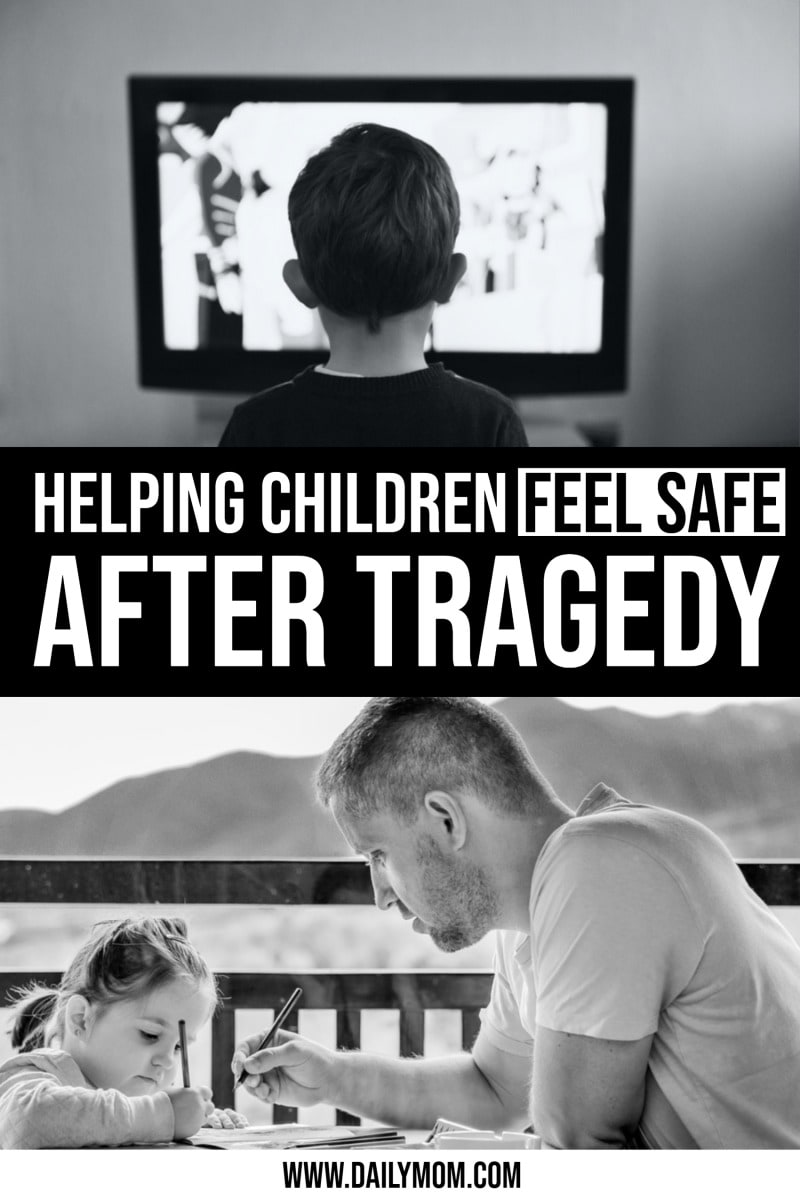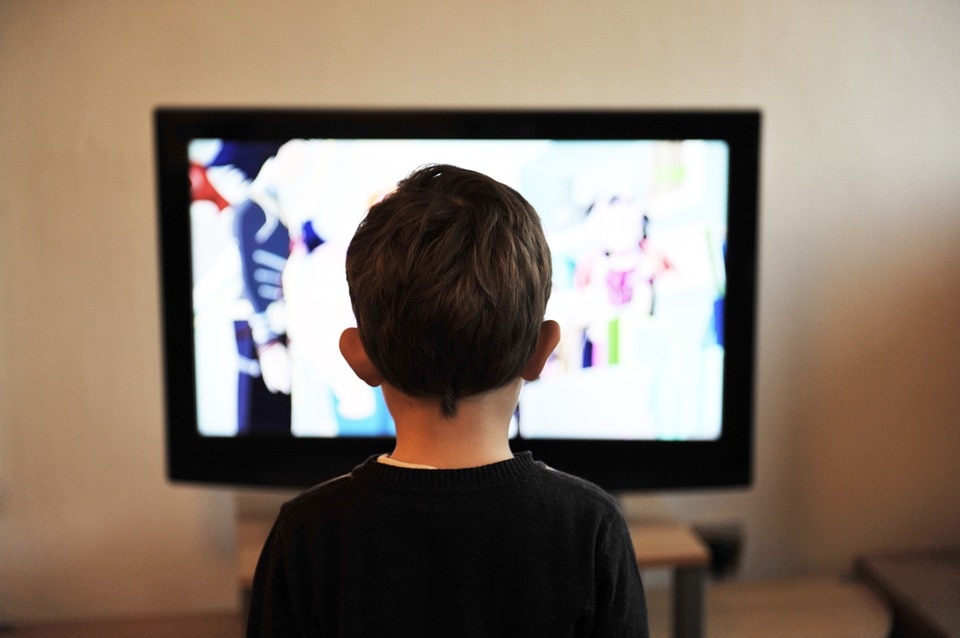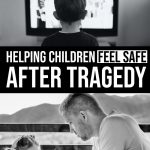“When I was a boy and I would see scary things in the news, my mother would say to me, ‘Look for the helpers. You will always find people who are helping.’ ” – Fred Rogers
The baby books never mentioned how to go about discussing tragedy with children. Thankfully, our generation grew up with Mr. Rogers, and he made sure we knew it was safe and healthy to share our feelings. What do we, as parents, do to help our children feel safe when we can’t guard their minds and souls from the media?
It seems as though humanity can’t catch a break lately. If the news isn’t about the famine in Yemen, it’s about the shooting in New Zealand or the Easter bombings in Sri Lanka. If it isn’t a bomb threat at a local school, it’s an act of violence somewhere else in town. The media is a thirsty animal who is only seemingly satiated by sharing scandal and tragedy. The thing is, though, our children are watching, and scary things on the news do not make them feel safe.
How do we go about discussing tragedy with children who are filled with questions? We can turn off the T.V., we can change the subject, but the fact of the matter is that this is their world and they have to live in it, too. One day, turning the T.V. off isn’t going to be enough, it doesn’t solve the problems, problems that we aren’t doing so well at handling and are likely to leave at our children’s very feet.
Read More: A Mother’s Perspective In The Wake Of The Las Vegas Shooting
Help Them Feel Safe When They See Something Scary
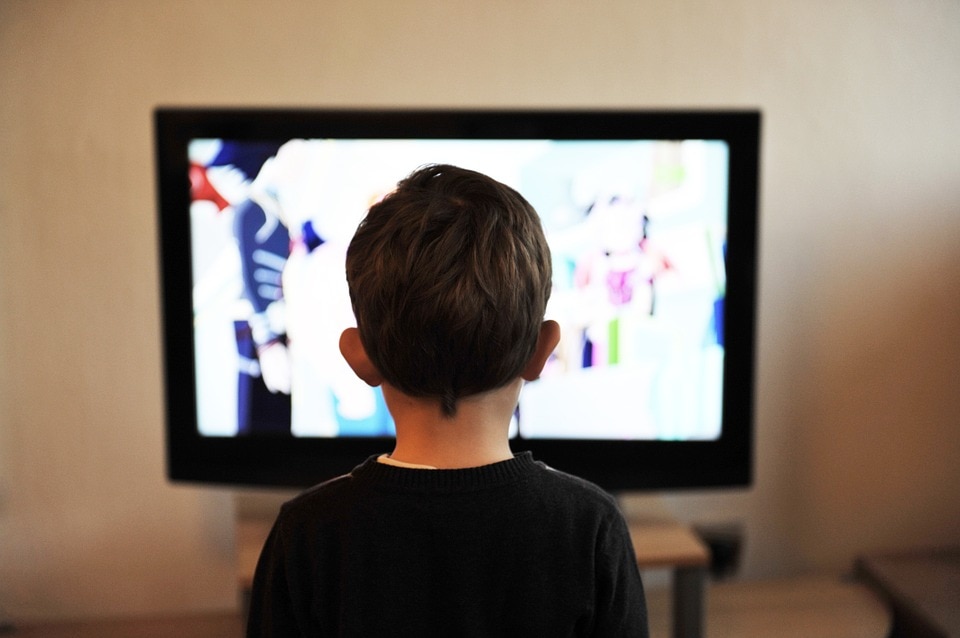
As parents, we try to protect our children from danger and harm, and sometimes, mental and emotional harm can take a backseat if our schedules are too busy. Whether we are in a diner for breakfast or passing a television display at a department store, we don’t always have control over what our children are seeing.
When discussing tragedy with children, the best thing to do is to acknowledge that what they saw can evoke unpleasant feelings, and then follow up with questions.
- How did seeing that make you feel? Do you feel safe?
- Do you know that you are safe and loved?
- Do you have any questions about what you just saw?
And then, be honest. Gentle, but honest. After the New Zealand Mosque attack, my four-year-old daughter was confused. She asked why it happened, and she asked if anyone was hurt. I told her that some people have hurting hearts and hurting minds, and they haven’t been able to get the help that they need. Their hurting minds made them want to do unkind things, and because of these feelings, they hurt some people. She understood enough to settle her inquisitive mind, and she knew that she could ask questions about it later if she still needed to talk. She also knew she could feel safe because of this open line of communication.
Read More: A Southern Christian Mama’s Response to Charlottesville
If after discussing tragedy with children they seem disinterested, then perhaps they truly are, and were not, affected by what they saw. If they seem upset or confused, acknowledging that feeling and letting them know that it is normal to have feelings like that can help them to feel safe and understood. Pretending that it didn’t happen, or that they are overreacting or being dramatic is harmful, and can make them feel like they can’t share their fears or feelings with you in the future. Mental Health America offers excellent tips on how to hold discussions with your children about their experiences.
Discussing Tragedy With Children: The Other Side
After your initial conversation, it may feel impossible to keep yourself from constantly asking your child if he/she is okay. Since children are small humans, their brains have to process the information they have just received. Some children may process it quickly and move on with their day, but other children may need much more time to think and mull it over, and to decide how they truly feel about it.
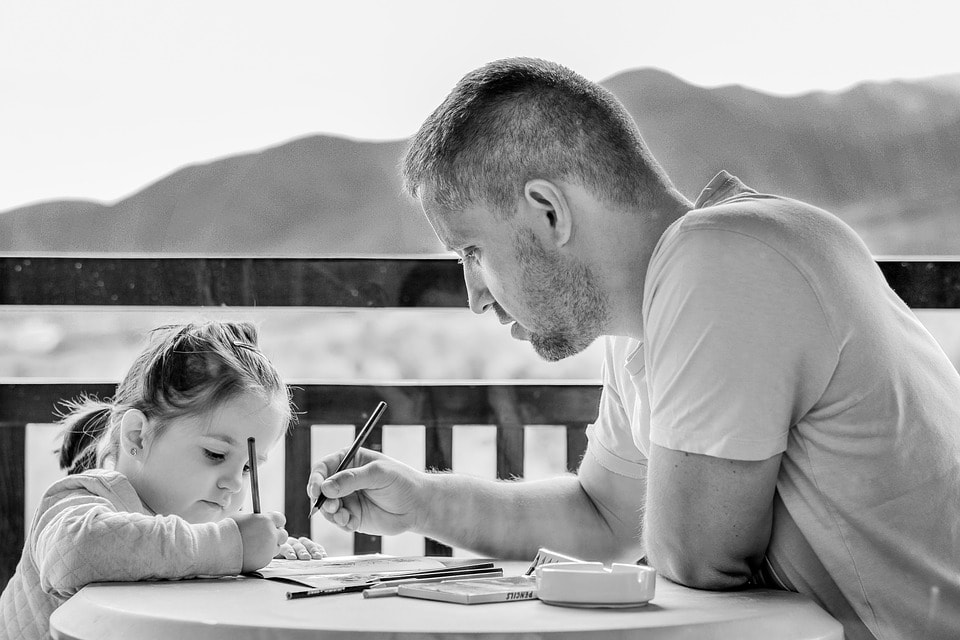
There are many ways to help your child decide how they feel about certain things, and putting their feelings into action can move their minds in the direction of closure and/or understanding. If you have had a talk with your child about something they saw or heard that upset them, check out these activities that can help them field their emotions and help them to feel safe again:
- Painting a picture
- Spend time together in the kitchen
- Going on a long walk
- Reading a book
- Making up a story
- Spending time with animals
Read More: To All Mothers On the First Day of School
One of the most difficult realities of parenting is that we are not going to be able to keep our children from harm, whether emotional or physical. However, the great power that we have for our children comes from our love for them. Keeping communication open and honest can help them feel safe, and increase their confidence in facing the scary situations they may come into contact with during their childhood.
WANT TO READ MORE?
